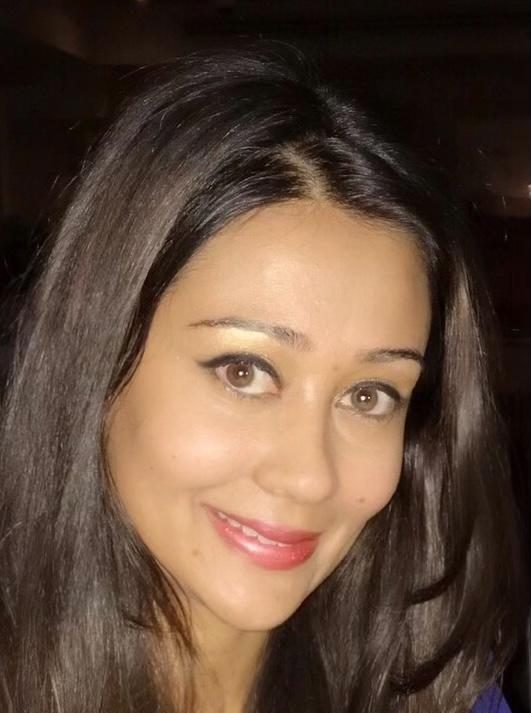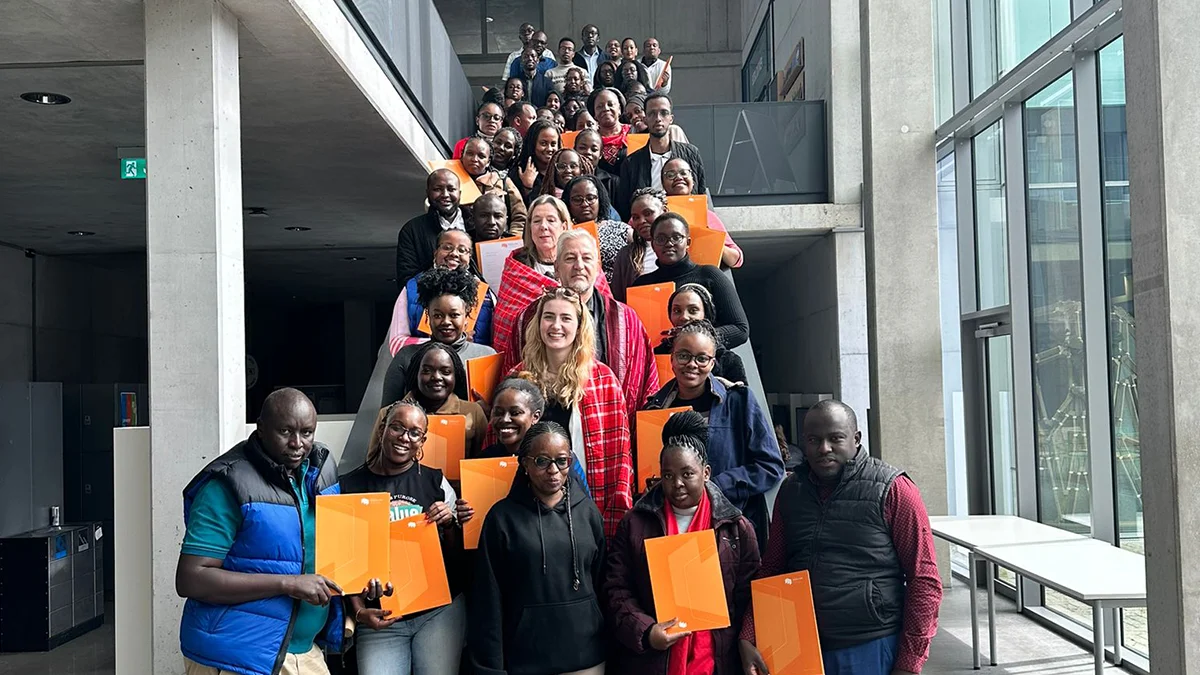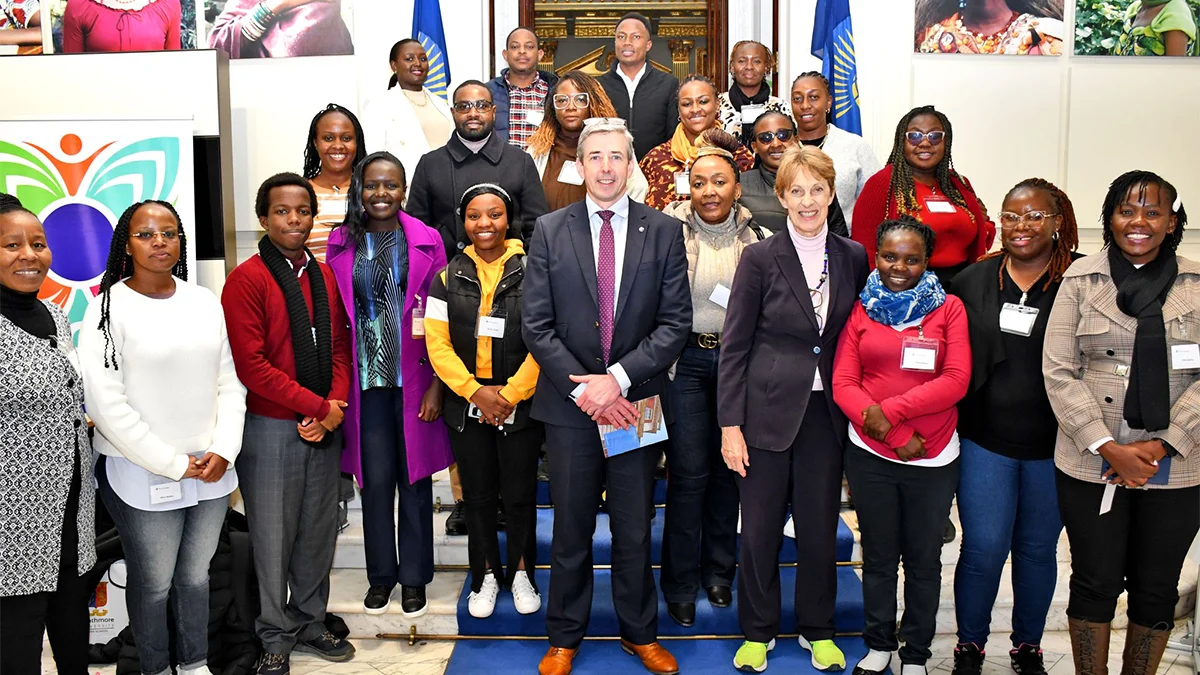
In the digital era there many dilemmas faced by individuals on a daily basis. We ask ourselves questions such as, “Is it appropriate for me to forward this video or post this on my platforms?”; “Am I sure this information is accurate?”; “If I post this will it offend anyone or elicit backlash?” or “Am I infringing on the rights of another person by sharing this with a third party?” Every sixty seconds a huge amount of sensitive data is shared on the internet by individuals. Data that reveals our preferences, behaviours, beliefs and lifestyles. We all have a digital persona that is making decisions on the internet through our clicks and the digital footprints we create are being tracked and stored. Do we know who is using this data and are we losing power over this personal data?
Additionally, our conversations are being broadcast digitally and this has led to the rise of new gatekeepers as private tech companies act as censors and their algorithms influence the conversations that are promoted or marginalized online. Traditional legacy media such as newspapers have also become reliant on social media platforms to reach their audiences. Freedom of speech and information has been a topic that has been debated heavily over the millennia. However, the technological age has brought about a shift that is being seen globally as governments crack down on big tech companies and seek to curb the enormous power they currently wield over the content consumed by billions of people that use their platforms daily.
Rev. Prof. Jordi Pujol, PhD. an Assistant Professor of Media Ethics and Media Law at the School of Church Communications at the Pontifical University of Santa Croce in Rome recently visited Strathmore University and engaged in campus debates on the topic of ‘’The exercise of freedom of speech in the online space.’’ Dr. Pujol is originally from Barcelona and has been a Visiting Research Fellow at the University of Notre Dame (Indiana) for the Notre Dame Center for Ethics and Culture, and a Visiting Scholar at the Columbia School of Journalism and the Berkman Klein Center for Internet and Society at Harvard University. This article aims to summarize some of the key issues discussed during the debate.
Speech helps people to perceive reality and understand themselves. Human beings are storytellers that grow through listening to others and speaking their minds. Free speech allows us to grow by gaining a deeper understanding of ourselves and others and exposing us to diverse perspectives and views. It encourages us to challenge ourselves and examine our views critically. It is crucial for our development to listen to each other, discuss, argue and refine and enrich our own views as we become exposed to new information and gain new insights.
However, with digital technology the threat posed by fake news and alternative facts cannot be understated. Digital media enables us to exchange vast amounts of information. This information can be used to manipulate people’s perception of reality and influence their outlook. Propaganda has always existed and the devastating influence it has on human behavior can been seen throughout history and even in the world we live in today. If speech loses its bond with reality, it becomes a dangerous weapon to distort public opinion. ‘Fake news,’ is a term that can be defined as news stories that are fabricated and have no verifiable sources, quotes or facts. Additionally, misinformation is false or inaccurate information that is mistakenly or inadvertently created or spread without the intent to deceive. Disinformation, is false information that is deliberately created and spread to influence public opinion or obscure the truth. Therefore, preserving the integrity of the information that is spread is important and people should become educated about scrutinizing the content they consume and questioning its veracity.
G.K Chesterton quoted that, “There are two kinds of people in the world, the conscious dogmatists and the unconscious dogmatists. I have always found myself that the unconscious dogmatists were by far the most dogmatic.’’ This quote is very apt in the discussion of free speech and our expression of our beliefs. It elucidates the need for individuals to test their views and ask themselves questions. We make our judgements based on the information that we have but we need to be open and ensure we have the space to learn. This promotes our ability to tackle problems with openness and also improves our ability to be persuasive based on evidence and sound logic.
It is important to note that speech can also incite violence. We have all witnessed the rise of ‘trolls’ and social media mobs on the platforms we use. Words and images can be used in a very destructive manner. Bad actors have always existed that use the notion of ‘free speech’ to provoke, insult or create harm. The notion of individualism and freedom of speech can also do a lot of harm as we are not alone and we live in a society. Our rights end where we start violating the rights of other human beings. Indeed, artificial intelligence has also further complicated the situation with the proliferation of automated bots that also contribute to the conversation. We need to question whether we interpret bullying or insulting as rational conversation and examine the actors in the digital arena that attempt to influence us.
Censorship and big tech is a hot topic currently. Leaders of nations have been censored by tech companies which highlights this shift in power and control. Can big tech companies really be neutral parties? Governments are calling for increased regulation and challenging the monopolies created by big tech companies. Although these platforms aim to be viewed as promoters of free speech and allowing people to control their own narratives, do the algorithms that filter news create bubbles where people are only exposed to the news and opinions of others based on their own preferences and according to the content that big tech companies deem appropriate? Censorship has always existed, parents censor what their children are exposed to, governments censor information based on national security and numerous other examples. However, the reasons must be made clear. Censorship needs to be transparent and the reasons behind it must be examined from a moral, legal and ethical perspective.
It is important for public interest and the good of society to protect human interaction, defend dignity and the capacity to conduct rational conversations online. Dr. Pujol asserts that, “Technology is not good nor is it evil, it depends on our use of it. Freedom comes with responsibility and is linked with good and with truth.’’
By Shailja Sharma, Executive Fellow and Coach
Share This Story, Choose Your Platform!
Your journey to business excellence starts here. Subscribe today and be at the forefront of innovation and leadership.









